In the lively and rhythmic landscape of the Dominican Republic, few names resonate as deeply as Milly Quezada. Born and raised in the heart of Santo Domingo, Quezada’s powerful voice, electrifying performances, and unwavering dedication to her craft have made her a true icon of merengue music. In this detailed biography, we embark on a journey through the life, music, and enduring legacy of Milly Quezada, the Queen of Merengue.
Early Life and Influences:
Milly Quezada was born on May 21, 1955, in Santo Domingo, Dominican Republic, into a family deeply entrenched in the world of music. Her father, Rafael Quezada, was a respected musician and composer, while her mother, Celina Miranda, was a talented singer. From an early age, Milly was immersed in the rich musical traditions of her homeland, soaking in the vibrant sounds of merengue, bachata, and salsa that filled her family’s home.
Inspired by her parents’ love of music, Milly began singing at a young age, displaying a natural talent and passion for performance. She would often accompany her father to local clubs and venues, where she honed her skills and gained valuable experience on stage. It was during these formative years that Milly discovered her love for merengue, a genre that would come to define her career and shape her musical legacy.
Education and Musical Formation:
Determined to pursue a career in music, Milly Quezada enrolled in the National Conservatory of Music in Santo Domingo, where she studied voice, composition, and music theory. Under the guidance of esteemed instructors, she developed her vocal technique and musicality, laying the foundation for her future success.
During her time at the conservatory, Quezada also began performing at local venues and events, captivating audiences with her soulful voice and dynamic stage presence. It was clear from the start that she possessed a rare talent and charisma that set her apart from her peers, earning her a loyal following and garnering the attention of industry insiders.
Rise to Stardom:
In 1975, Milly Quezada joined the popular merengue band «Las Chicas del Can» as the lead vocalist, marking the beginning of her meteoric rise to stardom. With Quezada at the helm, the band quickly became a sensation in the Dominican Republic, earning widespread acclaim for their high-energy performances and infectious rhythms.
In 1982, Quezada embarked on a solo career, releasing her debut album «Milly & Los Vecinos,» which featured a mix of merengue, salsa, and bachata. The album was a commercial success, spawning several hit singles and establishing Quezada as a solo artist to be reckoned with.
Throughout the 1980s and 1990s, Quezada continued to dominate the airwaves with a string of hit albums and singles. Songs like «Volvió Juanita,» «Para Darte Mi Vida,» and «Vive» became anthems of love and empowerment, resonating with audiences on a deeply emotional level.
International Success:
As Milly Quezada’s popularity soared in the Dominican Republic, she began to attract attention from international audiences as well. In the late 1980s and early 1990s, she embarked on a series of international tours, performing to sold-out crowds in cities across Latin America, Europe, and the United States.
Quezada’s dynamic stage presence, powerful vocals, and infectious energy captivated audiences of all ages and backgrounds, solidifying her status as a global icon of merengue. Subsequent albums, such as «Sólo para Ti» (1996) and «Hasta Siempre» (2001), further cemented Quezada’s reputation as a trailblazer in the world of Latin music.
Musical Legacy:
Throughout her illustrious career, Milly Quezada has released over a dozen studio albums, won numerous awards, and collaborated with some of the biggest names in music. Her influence extends far beyond the realm of entertainment, as she has used her platform to advocate for social justice, women’s rights, and the preservation of Dominican culture.
Quezada’s music celebrates the resilience and spirit of the Dominican people, while also addressing important social issues such as poverty, inequality, and political corruption. Whether she’s singing about love and romance or speaking out against injustice, Quezada’s music always carries a message of hope and empowerment.
In addition to her musical contributions, Quezada has also been a pioneer for women in the male-dominated world of merengue. Throughout her career, she has broken down barriers and defied expectations, proving that women can be just as talented and successful as their male counterparts in the music industry.
Personal Life and Philanthropy:
Despite her fame and success, Milly Quezada remains grounded in her roots and committed to giving back to her community. She is actively involved in charitable endeavors, supporting initiatives aimed at improving education, healthcare, and economic opportunities for those in need.
In addition to her philanthropic work, Quezada is also a devoted wife and mother. She cherishes the time spent with her family, instilling in them a love of music and a strong sense of pride in their Dominican heritage.
Conclusion:
In conclusion, Milly Quezada’s journey from Santo Domingo to international stardom is a testament to the transformative power of music and the enduring spirit of the Dominican people. Through her unparalleled talent, dedication, and passion, she has become a cultural icon and a symbol of pride for Dominicans around the world.
As she continues to captivate audiences with her timeless melodies and powerful vocals, Milly Quezada’s legacy will undoubtedly endure for generations to come. She remains an inspiration to aspiring musicians and a shining example of the boundless potential of Dominican music. Long live the Queen of Merengue!




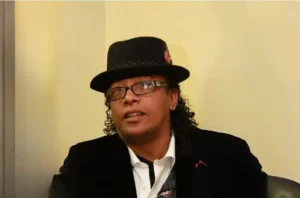


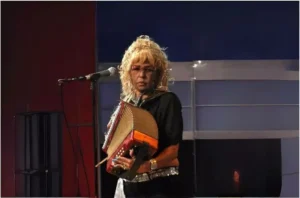

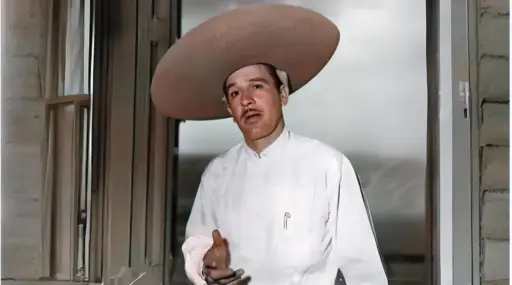


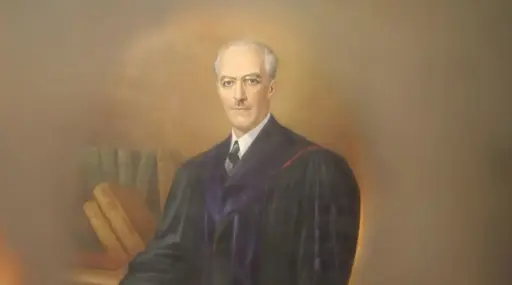






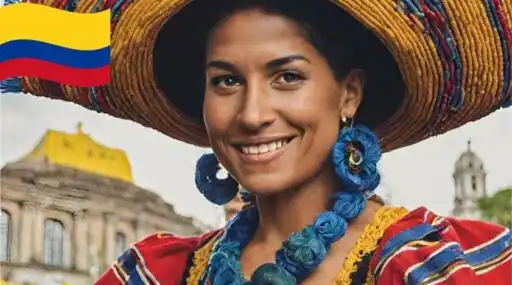




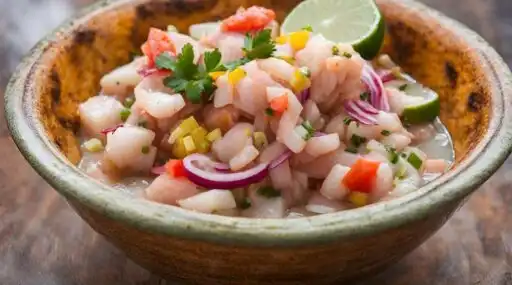








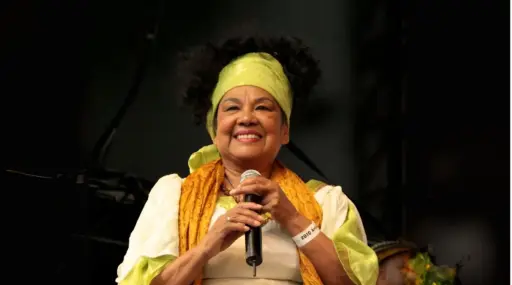




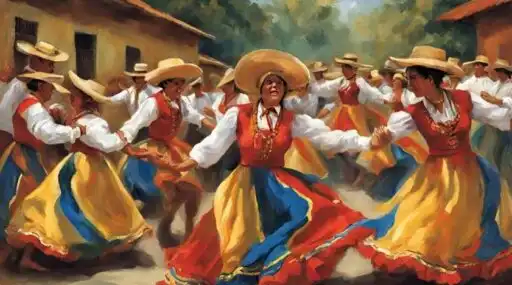
Leave a Reply